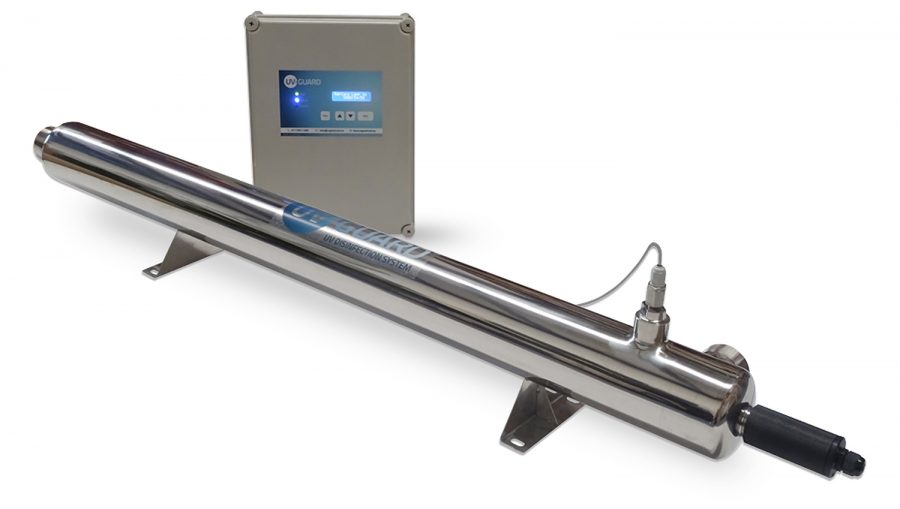Most people take pure drinking water for granted, but access to clean and potable water has unfortunately become a difficulty in many parts of the world. There isn’t only an alarming need for it in residential homes but all across industries as well. Securing clean water in your home will significantly raise your quality of life, but making sure your employees have it and all your production processes use it as well has become imperative in achieving a healthy and thriving environment.
Some branches such as food, beverage and pharmaceutical industry demand supreme quality of water without any traces of hazardous materials or bacteria in order to abide by the governing laws and regulations. This factor is extremely influential not only in getting the operating licence for your business but also in establishing a strong reputation in the harshly competitive market.

The best and most cost-effective way to obtain absolutely clean water is by UV water treatment and here’s how it all works.
Understanding the Process
Using UV technology presents the height of water treatment as it eliminates 99.9% of microorganisms and produces pure, disinfected water free of any kind of bacteria, pathogens or chemicals. This includes even Giardia and Cryptosporidium, the two bacteria that are chlorine resistant. The entire process is completely eco-friendly, without compromising the taste of water.
The basic principle of the current industrial UV water treatment systems is the following: the water is passed through a reactor that contains one or two UV lamps whose UV light penetrates deeply into the core of pathogens and alters their DNA structure. This results in the elimination of pathogens and water sterilisation. There is no need for additional help of other chemicals, thus making it environmentally safe to be used in a wide range of industries.

Food and Beverage Production
Both food and beverage processing industries are strictly controlled by many rules and laws that regulate every bit of the production process in order to ensure that every product satisfies the highest health and safety standards.
One way in which you can comply with the many regulations and deliver the best product that will maintain the reputation of your brand is using a hard water conditioner (HWC). This is a sustainable alternative to a traditional water softener but crucial in producing superior water quality. This method boosts UV disinfection performance by blocking scaling on quartz thimbles or sleeves and it also extends RO membrane life.
Wastewater Processing
For wastewater plants, having a water purification system is an absolute necessity in order to successfully remove all hazardous contaminants in the water so it can be forwarded back into the public water supply for consumption. Since the UV technology has the capacity to deactivate dangerous spores, bacteria, protozoa, yeast and mold commonly found in wastewater, the processing plants can ensure high water safety and quality.
Furthermore, there is no negative impact during UV water treatment on any other water treatment processes so the water can be safely treated with healthy chemicals before it reaches its consumers. In addition, this system helps in protecting other treatment processes from microbiological infestation.
Pharmaceutical Industry
Pharmaceutical industry demands superior water quality in order to secure its operation standards and the same goes for medical industry and cosmetic production. In these industries, it’s of the utmost importance to use clean, disinfected water and no harmful chemicals, so UV technology is the most prevailing and cost-effective method. Combined with other methods such as EDI (electrodeionization) and RO (reverse osmosis), it can be used to eliminate chlorine and ozone.
Horticulture
As water is a crucial nutrient for plant growth, it plays a pivotal role in horticulture. UV technology for water purification is also its preferred method since it doesn’t need large storage like some other commercial water treatment solutions, and it also produces clean water without the use of additional chemicals. In combination with an automated irrigation controller, the UV system contributes to energy conservation and environmental protection.
In the aspiration for healthy, clean water in industrial processes, the UV water treatment system tops the lists of the most practical and worthwhile solutions on the market. By implementing this method into your business, you will ensure the highest product quality, outstanding reputation and greatly contribute to environmental conservation.

























